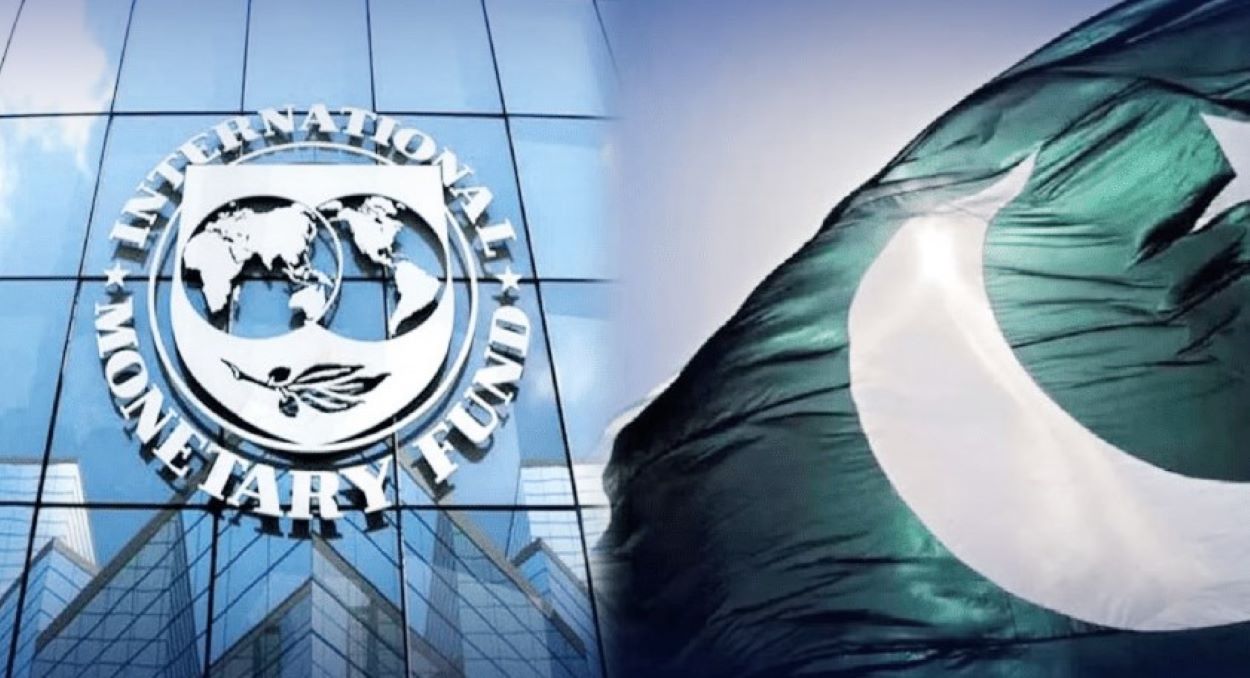Pakistan and the International Monetary Fund (IMF) are engaged in critical negotiations to shape the 2025-26 federal budget, focusing on revenue generation and environmental sustainability. These talks aim to meet fiscal targets, including a record-breaking tax collection goal of Rs 14,307 billion.
The IMF has proposed a Rs 5 per litre carbon levy on petrol and diesel, projected to generate Rs 25 billion annually. The revenue would fund environment-friendly projects, such as electric mobility programs. One key initiative under discussion is financing electric motorcycles and rickshaws through affordable instalment plans, promoting sustainable transport in Pakistan.
Petroleum Levy and Revenue Goals
The petroleum levy is capped at Rs 78 per litre for the upcoming fiscal year. This rate is expected to yield Rs 1,423 billion from petrol and diesel levies, contributing significantly to the Federal Board of Revenue’s (FBR) ambitious target. These funds are critical for balancing Pakistan’s budget, estimated to exceed Rs 17.6 trillion.
In a move that will impact Pakistan’s auto industry, the government and the IMF have agreed to lift the ban on used car imports. To protect the domestic new car market, a 40% higher tax rate is proposed for used vehicles compared to new ones. This tax differential will decrease by 10% annually, with a full phase-out planned by 2030.
Read: Pakistan Plans $4.9B in External Financing for FY2025-26, Targets Key Banks
The IMF advocates for removing tax exemptions previously granted to the former FATA and PATA regions. Additionally, it has called for applying the standard general sales tax (GST) rate to fertilisers, aligning with national tax policies. These measures aim to streamline revenue collection and ensure fiscal equity.
The ongoing Pakistan-IMF negotiations reflect a commitment to fiscal discipline and sustainable development. By integrating environmental initiatives with robust tax reforms, Pakistan aims to meet its economic goals while addressing global climate challenges. For 2025-26 budget updates, visit the Federal Board of Revenue’s official website or follow trusted economic news sources.






